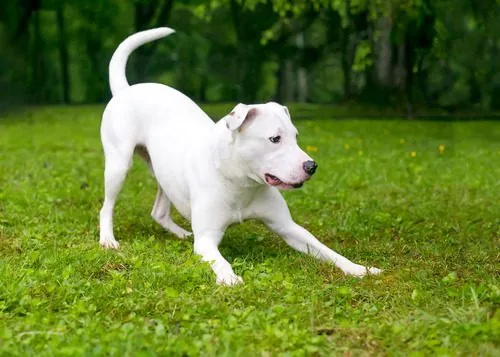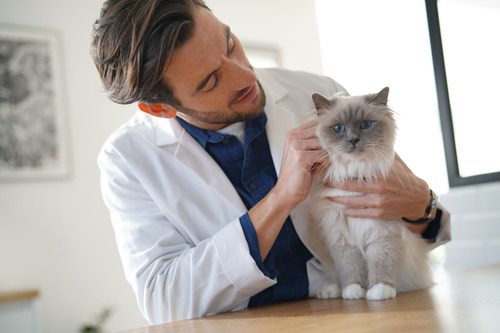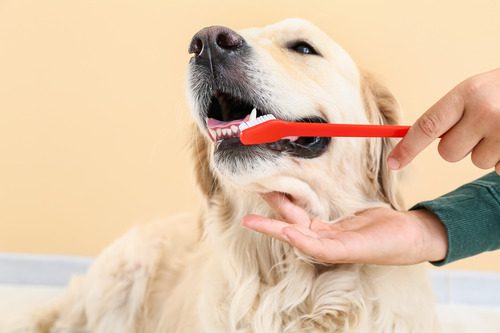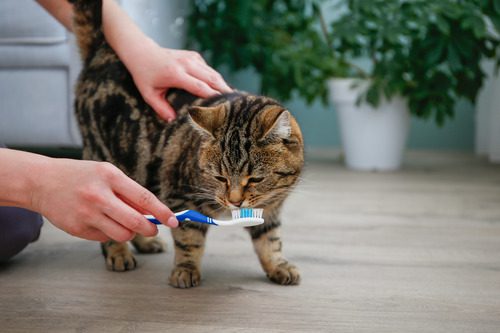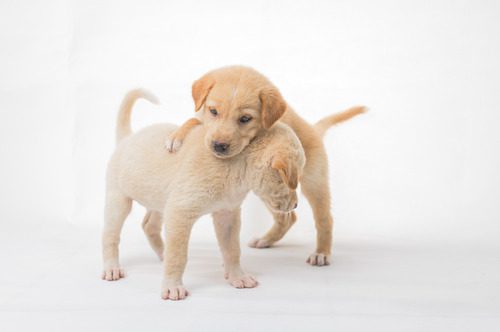Feline Obesity: When You Should Be Concerned with Your Cat’s Weight
Feline obesity is a growing concern among pet owners and veterinarians. Obesity in cats can lead to various health issues and significantly impact their quality of life. Understanding the causes, risks, and signs of feline obesity can help you take proactive steps to ensure your cat remains healthy and active. At Providence Veterinary Hospital and Clinic in Alameda, California, we are dedicated to providing the best care for your feline companions. If you have concerns about your cat’s weight, please call us at (510) 521-6608 or (510) 521-5775.
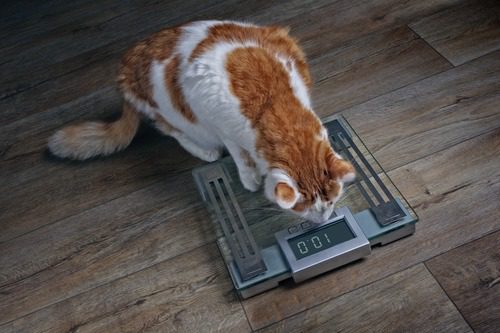
What Causes Feline Obesity?
Feline obesity occurs when a cat’s caloric intake exceeds its energy expenditure. This imbalance can result from various factors, including:
Overfeeding
One of the most common causes of feline obesity is overfeeding. Many cat owners unintentionally provide more food than their pets need, leading to excessive calorie consumption. It is essential to follow the feeding guidelines provided by your veterinarian and to measure portions accurately.
Lack of Exercise
Cats that lead sedentary lifestyles are more prone to obesity. Indoor cats, in particular, may not get enough physical activity to burn off the calories they consume. Encouraging play and providing stimulating toys can help increase your cat’s activity levels.
Genetics
Some cats are genetically predisposed to gain weight more easily than others. Certain breeds, such as the Maine Coon and the British Shorthair, have a higher tendency to develop obesity. If your cat belongs to a breed with a predisposition to obesity, you should be extra vigilant about their diet and exercise routine.
Health Risks Associated with Feline Obesity
Feline obesity can lead to a range of health issues that can negatively affect your cat’s well-being. Some of the most common health risks include:
Diabetes Mellitus
Obese cats are at a higher risk of developing diabetes mellitus. This condition occurs when the body cannot properly regulate blood sugar levels, leading to various complications. Managing your cat’s weight can help prevent the onset of diabetes.
Arthritis
Excess weight puts additional strain on a cat’s joints, leading to arthritis and other joint problems. Arthritis can cause significant pain and reduce your cat’s mobility, affecting their overall quality of life.
Heart Disease
Obesity can also increase the risk of heart disease in cats. The extra weight puts pressure on the heart, leading to potential cardiovascular issues. Maintaining a healthy weight is crucial for your cat’s heart health.
Respiratory Issues
Excess body fat can impact your cat’s respiratory system, making it difficult for them to breathe comfortably. Overweight cats may suffer from respiratory distress, especially during physical activity.
Recognizing the Signs of Feline Obesity
Identifying feline obesity early can help prevent more serious health issues. Here are some signs to watch for:
- Body Condition Score: Veterinarians often use the Body Condition Score (BCS) to assess a cat’s weight. The BCS ranges from 1 to 9, with 1 being extremely underweight and 9 being severely obese. A score of 5 is considered ideal. If your cat has a BCS of 6 or higher, they may be overweight or obese.
- Visible Fat Accumulation: Obese cats often have visible fat accumulation around their abdomen and spine. You may notice that your cat’s waist is not easily discernible, and there may be a layer of fat covering their ribs.
- Difficulty Grooming: Overweight cats may struggle to groom themselves properly due to their size. If you notice your cat has matted fur or dirty areas on their body, it could be a sign of obesity.
- Reduced Activity Levels: Cats that are carrying extra weight may become less active and more lethargic. If your cat is not as playful or energetic as they used to be, it could be due to obesity-related fatigue.
Preventing and Managing Feline Obesity
Preventing and managing feline obesity involves a combination of proper diet, regular exercise, and routine veterinary check-ups. Here are some tips to help keep your cat at a healthy weight:
Balanced Diet
Providing a balanced diet tailored to your cat’s age, breed, and activity level is crucial. Consult your veterinarian to determine the best food and portion sizes for your cat. Avoid free-feeding and stick to scheduled meal times to prevent overeating.
Regular Exercise
Encouraging regular exercise is essential for preventing obesity. Provide toys and engage in interactive play sessions to keep your cat active. Consider using puzzle feeders to make mealtime more stimulating and promote physical activity.
Routine Veterinary Visits
Regular veterinary check-ups are vital for monitoring your cat’s weight and overall health. Your veterinarian can provide guidance on weight management and address any underlying health issues that may contribute to obesity.
How Providence Veterinary Hospital and Clinic Can Help
At Providence Veterinary Hospital and Clinic, we understand the importance of maintaining a healthy weight for your feline friend. Our team of experienced veterinarians is here to provide personalized advice and support for managing your cat’s weight. If you are concerned about feline obesity, please call us at (510) 521-6608 or (510) 521-5775 to schedule an appointment.
Nutritional Counseling
We offer nutritional counseling to help you choose the best diet for your cat. Our veterinarians can recommend high-quality, balanced cat food and provide portion control guidance to ensure your cat receives the right amount of calories.
Weight Management Programs
Our weight management programs are designed to help your cat achieve and maintain a healthy weight. We will work with you to create a customized plan that includes dietary changes, exercise routines, and regular monitoring.
Monitoring and Follow-Up
We believe in the importance of ongoing support. Regular follow-up visits allow us to track your cat’s progress and make any necessary adjustments to their weight management plan. Consistent monitoring helps ensure long-term success in preventing and managing feline obesity.
Taking Action Against Feline Obesity
Feline obesity is a serious issue that can lead to numerous health problems for your beloved pet. By understanding the causes, recognizing the signs, and taking proactive steps to manage your cat’s weight, you can help ensure they live a healthy and happy life. If you have concerns about your cat’s weight, contact Providence Veterinary Hospital and Clinic in Alameda, California, at (510) 521-6608 or (510) 521-5775. Our team is here to provide the care and support your cat needs to thrive.
Recent Posts
What Does Your Dog’s Tail Wag Really Mean?
What Does Your Dog’s Tail Wag Really Mean? Dogs use their tails for much more than just…
Feline Leukemia: Prevention and Detection
Feline Leukemia: Prevention and Detection Cat Feline Leukemia is a serious viral disease that affects felines worldwide….
A Team Effort: How Home Care and Professional Cleanings Keep Your Dog’s Teeth Healthy
A Team Effort: How Home Care and Professional Cleanings Keep Your Dog’s Teeth Healthy Dental health is…
The Perfect Pair: Home Care and Professional Cleanings for Your Cat’s Teeth
The Perfect Pair: Home Care and Professional Cleanings for Your Cat’s Teeth Caring for your cat’s teeth…
What is Bordetella and Why Should You Care?
What is Bordetella and Why Should You Care? Bordetella is a term many pet owners hear when…
Providence Veterinary Hospital & Clinic serve Alameda, CA as well as Oakland, San Leandro, and the surrounding areas with superb veterinary medicine and gentle, compassionate care. We’ve been a part of this community since 1947 when a veterinarian started seeing pets in his home after the end of World War II. He built an animal hospital right under his house, and that’s where we remain to this day (with modern remodeling in 2016, to outfit the hospital with the latest medical technology and equipment, of course!).

